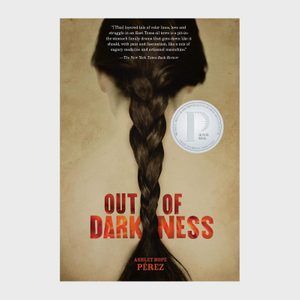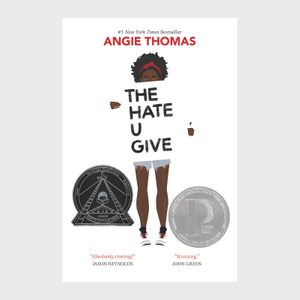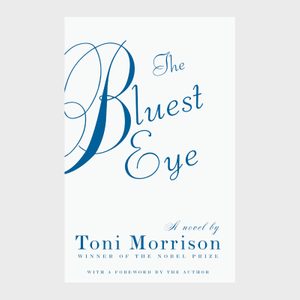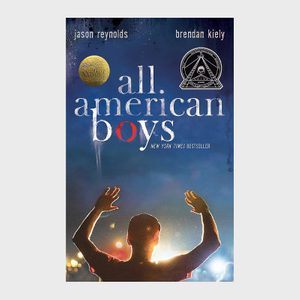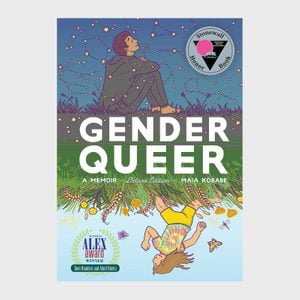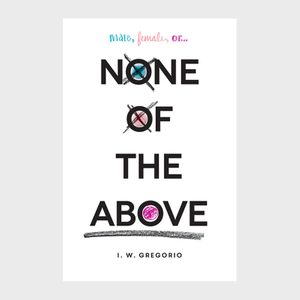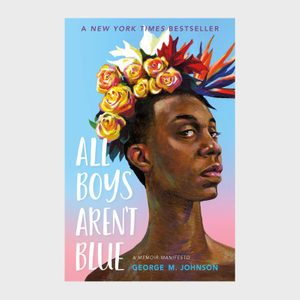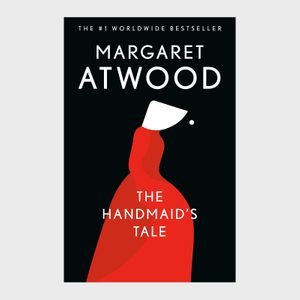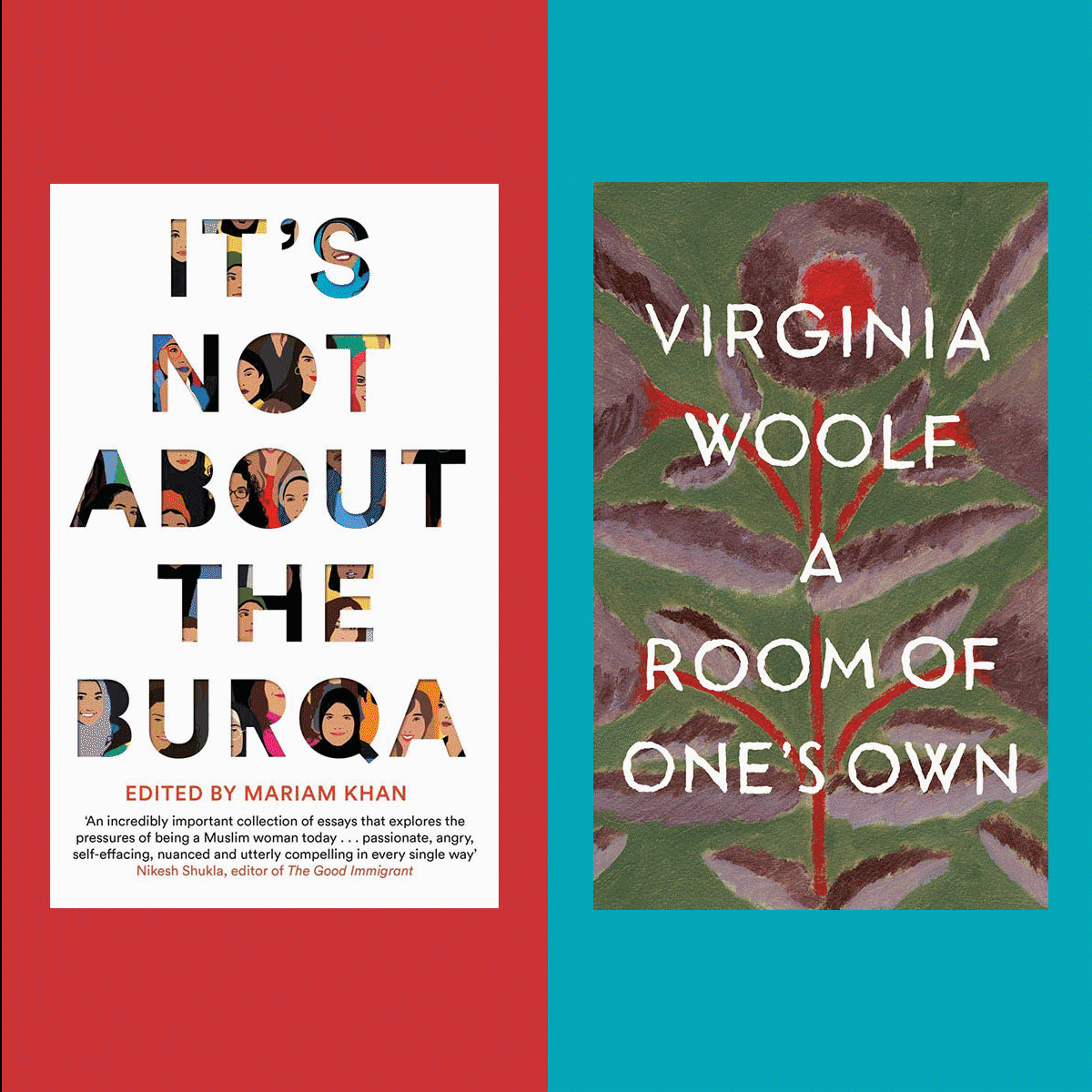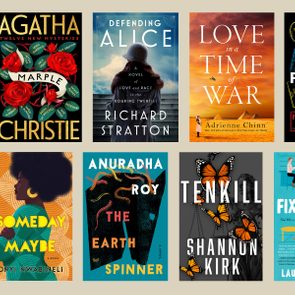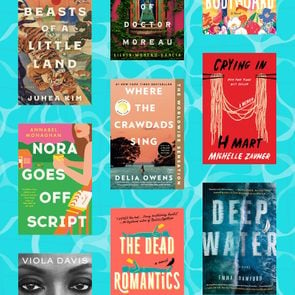Meet the Teens Fighting Book Bans with Banned Book Clubs
Updated: Oct. 03, 2023
In the face of censorship, students are coming together to exercise their right to read through banned book club gatherings
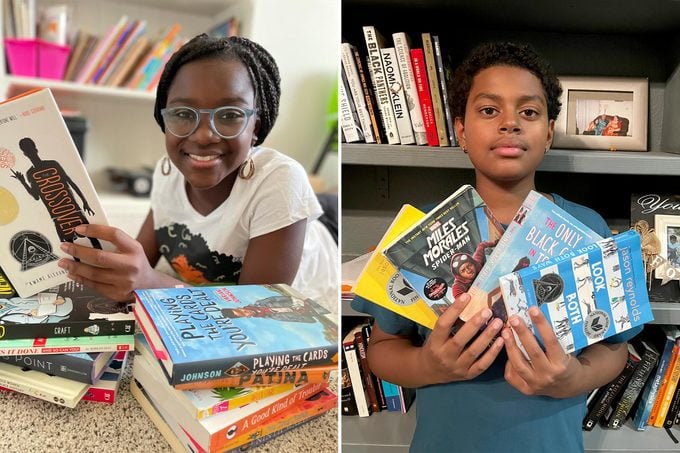
While Ella Scott and her classmates at Vandegrift High School in Austin, Texas, were attending school remotely, the Leander Independent School District’s Community Curriculum Advisory Committee banned 15 books. Between February and August 2021, the committee generated two more lists of banned books. When Scott returned to in-person learning last fall and discovered the books were gone, she and her friend Alyssa Hoy co-founded the Vandegrift Banned Book Club.
Book banning often targets titles that touch on themes of race and racial inequity, gender and sexuality, and mental health, and stories portraying the experiences of BIPOC individuals frequently fall prey to bans. Teen books, LGBTQ books and books by Black authors are frequently banned, along with some of the best books of all time. Nearly all of the recently challenged books explore the experiences of minority voices and ask readers to reflect on difficult moments in our society’s present or past.
Committees like those at Leander ISD believe books with such “alarming” content can be harmful to students, but as Scott argues, if students are expected to grow into society, they need to read these books and discuss their themes “in order to be prepared to address these issues in the future.”
Reading books from a variety of perspectives, including those of traditionally marginalized voices, is critical to preserving and strengthening an inclusive and vibrant nation. People like Scott are not only preserving students’ right to freely choose what they read, but they’re also inspiring others to fight for intellectual freedom, the freedom of expression and a society that honors diversity and representation.
The recent rise in book bans
Book banning in the United States is not, unfortunately, a new phenomenon, but it has seen a resurgence since late 2021. It’s gained such momentum that an elected representative in Tennessee recently suggested burning books, an act that calls to mind the public book burnings in Nazi Germany in the 1930s.
The American Library Association (ALA) reported 729 attempted book bans in 2021, the highest in 20 years. And you don’t have to look too hard to see what many of these books have in common.
Keiawnna Pitts, of Round Rock, Texas, draws a clear link between students seeing themselves represented in books and book bans. Members of her preteen daughter’s book club select stories that reflect their own experiences, but these are often the very books being banned. “Society doesn’t want these stories to be told,” she says.
And judging from the titles topping the banned books list, she may be onto something. Of the ALA’s top 10 most challenged books of 2021, four feature LGBTQIA+ characters or have authors who identify as the same, and six either feature characters of color or were written by authors of color. Some of the most challenged titles, like George M. Johnson’s All Boys Aren’t Blue, have all of the above.
The association condemned the actions of those groups wishing to censor the titles on library shelves, releasing a statement in 2021 saying “the unfettered exchange of ideas is essential to the preservation of a free and democratic society.”
Fighting for the right to read
One of Scott’s favorite books is The Handmaid’s Tale: The Graphic Novel. When she learned that her school district had removed it from classrooms, she jumped into action. During their sophomore year of high school, she and Hoy, who are both now 16, launched the Vandegrift High School Banned Book Club.
The group meets in the school library and chooses books from the district’s list of currently banned books, which includes everything from memoirs to young adult fiction to graphic novels. The committee responsible for reviewing the English curriculum has published a list of titles teachers can choose from when selecting whole-class assigned reading, limiting choices to between 38 and 52 unique titles per course. After it pulled books from classrooms in 2021, titles like Kiss Number 8, In the Dream House, Out of Darkness, The Nowhere Girls, None of the Above and Ordinary Hazards found themselves on the banned list. So the Banned Book Club cracked open their spines and read them.
The group meets once a month to discuss the themes of that month’s chosen book and how it connects to students’ lives, why the book was banned and how the ban impacts students. Members use their second monthly meeting to prepare a statement arguing for the book’s reinstatement. Librarians play a crucial role in fighting book bans and amplifying students’ voices, reading the Banned Book Club’s statements aloud at Community Curriculum Advisory Committee meetings.
To date, the book club has submitted seven such statements. Several of the previously banned books have been reinstated to the curriculum, though that often happens at the expense of another, which gets removed.
Scott believes that parents target a book because they feel its content is somehow harmful to students. Of course, students tend to disagree. When the Vandegrift Banned Book Club read The Nowhere Girls, members related strongly to the story and were disheartened to see it banned. “In order to address issues of women being attacked and harassed, we need to keep these books in the classroom so we can discuss these issues and address them,” she says.
Stories that reflect students’ lives
Last year, Keiawnna’s daughter came to her with a problem: She’d lost interest in reading. Kharia was looking for diverse children’s books, those with characters who looked like her and whose experiences of being Black were reflected in a positive light. Her assigned reading and school library had few books with Black characters. So Keiawnna helped her track down novels like A Good Kind of Trouble, Turning Point and The Only Black Girls in Town. Together, they traveled to Black Pearl Books, a Black-owned bookstore in Austin, Texas, and found entire shelves dedicated to Black characters.
Knowing that her daughter needed a forum to discover and discuss books absent from (or banned by) the school, she reached out to a fellow mom of the Round Rock Black Parents Association. Meenal McNary’s son Jaiden was struggling with a similar experience, so the two women set up an introduction.
These days, wherever Kharia goes, she has something to read, whether a physical book or one pulled up through the Libby app on her phone. Jaiden Johnson, too, always has books within reach, either from the local library or from the shelf his father built for his growing collection.
In September 2021, the pair founded the Round Rock Black Students Book Club. They organize monthly meetings through Zoom and host discussions on books including Ghost and Miles Morales: Spider-Man, two novels from bestselling author Jason Reynolds, whose work frequently lands on banned books lists across the nation.
“It’s easier to talk about things happening in my life through book club than I can with my friends in real life,” says 12-year-old Kharia, a rising seventh grader. She emphasizes how important it is for young people to see themselves in the books they read. When the book club read a book that mentioned a festival featuring food, music and activities, she found it instantly relatable, drawing parallels to her own experiences and familial relationships.
Similarly, 13-year-old Jaiden, a rising eighth grader, says talking about some subjects, like racial discrimination and bias, is difficult, but it’s easier to talk about them when they happen to characters in a book. In The Only Black Girls in Town, for instance, the principal assumed the only two Black girls in school were related, despite having known the family of one of them for years. Jaiden can relate. He’s been called the wrong name at school more than a few times, and classmates have assumed he’s related to the other Black kids in his class simply because they’re all Black.
Creating a community of readers
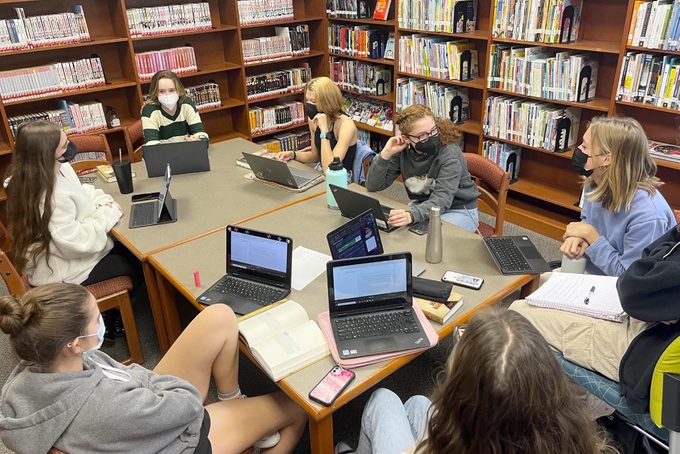
Kharia was so taken by the portrayal of the titular Black teen in Amari and the Night Brothers that she shared the book with her sixth-grade teacher. He took the message to heart, reading the book himself and then buying a copy for every student in his class. When it came time for the annual book fair, the class intentionally ordered books that were either by Black authors or featured Black characters to fill gaps in its collection.
Similarly, when a nearby school didn’t have a functional library, one student proposed the idea of a mobile library. Kharia, thanks to the book club, had a whole shelf of stories and donated her books to help fill the mobile library. Her act ensures that others can have the same reading experience she finds so valuable.
Both founders of the Round Rock Black Students Book Club are spreading a love of reading and enriching their community in the process. Their peers are reading with them, their younger siblings now tote books around the house and, at a young age, they’re learning to navigate challenging conversations. They’re guiding their classmates and teachers to reconsider the books taught in schools, connecting with published authors and learning to be collaborative leaders through real-world immersion.
At Vandegrift, members of the Banned Book Club are discovering that their actions, too, are inspiring change beyond their club. The ban has been lifted on several of the books the club has read, and word is spreading. The club initially struggled to obtain the books it wanted to read, so members created a wish list and posted it to the Vandegrift Banned Book Club Instagram account. By 6 a.m. the following morning, the list had sold out. To date, every member has had a copy of each book to read.
Scott launched the Vandegrift Banned Book Club because she wanted to ensure that students had books they could relate to and enjoy. She never imagined the club would be such a serious endeavor, but members’ passion and excitement kept growing. She credits the experience for teaching her “to use my voice, even when it’s not asked for, and to speak up about things I’m passionate about.” Students need to be having the conversations generated by the themes in these books, she argues, and the adults making decisions about students’ education need to allow room for student voices.
The ripple effect of reading banned books
As students across the country respond to censorship, creating banned book clubs to exercise their right to read, they’re inviting their communities to join them. And their actions are spreading beyond schools.
Nationally, there are other efforts to combat book bans. Local libraries and bookstores are fighting back with their own banned book clubs. And in April, the Brooklyn Public Library announced the Books UnBanned campaign, which grants free e-book and audiobook access to young adults across the United States. As part of the campaign, the Library keeps digitally available—without holds or wait times—a selection of the most frequently banned books.
Then there’s the Authors Guild Banned Books Club, a free virtual book club that offers access each month to a moderated book discussion (held on social reading app Fable) led by the author of a recently banned book. Another, the Banned Books Book Club, generates resources for those fighting book bans and works to fulfill requests for banned books from classrooms, libraries and “secret book clubs.”
How do you start a banned book club?
One of the best ways to fight censorship is to start a banned book club, either in your local community or online. Here are the student book club leaders’ recommendations.
- Work with a co-founder. Finding a partner to start a banned book club with means one person doesn’t have to shoulder the entire burden. Plus, you can share ideas and friend groups.
- Spread the word. Adults might have access to social media accounts to tell others about the book club, but minors might need an adult’s help. Create digital flyers, like Kharia does, or take a page from Vandegrift’s book and post paper flyers in your school and online.
- Choose books democratically. Use a Zoom poll or a Google form to allow members to vote on which book to read next.
- Arrange meeting logistics. Decide on a meeting date, time and location (in person or online) and send out this information to invitees ahead of time. Libraries and local bookshops can be great meeting places.
- Plan your agenda. Include prepared book club questions on the themes of the book and discussion prompts. Some favorite questions for younger readers might include favorite and least favorite characters or scenes, or what they might change about the book. For older readers, questions might focus on the book’s theme, how those themes relate to readers’ lives, the reasons the book was banned and reflections on how banning a particular book impacts them.
- Share responsibilities. Each member can volunteer for a specific task. The Vandegrift Banned Book Club has roles for meeting facilitation, question curation, informational content creation and social media management.
- Research book lists. If you’re looking for book recommendations, the ALA’s most challenged books list is a great place to start, as are these lists of books about race relations and books by Latinx authors, female authors, Asian authors and Native American authors. Or browse the banned books below.
- Remember your reasons for reading. This is probably the most important tip of all. Strive for inclusion and diverse representation among your members, and make sure you’re having fun. Reading is a pleasure and a privilege. Enjoy!
Shop banned books
Sources:
- Ella Scott, co-founder of the Vandegrift Banned Book Club
- Kharia Pitts and Jaiden Johnson, co-founders of the Round Rock Black Students Book Club
- Keiawnna Pitts, parent fighting against book bans
- Meenal McNary, parent fighting against book bans
- American Library Association: “National Library Week kicks off with State of America’s Libraries Report, annual ‘Top 10 Most Challenged Books’ list and a new campaign to fight book bans”
- American Library Association: “ALA Statement on Book Censorship”

